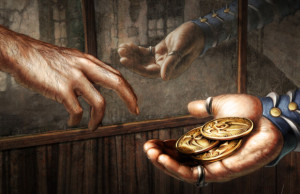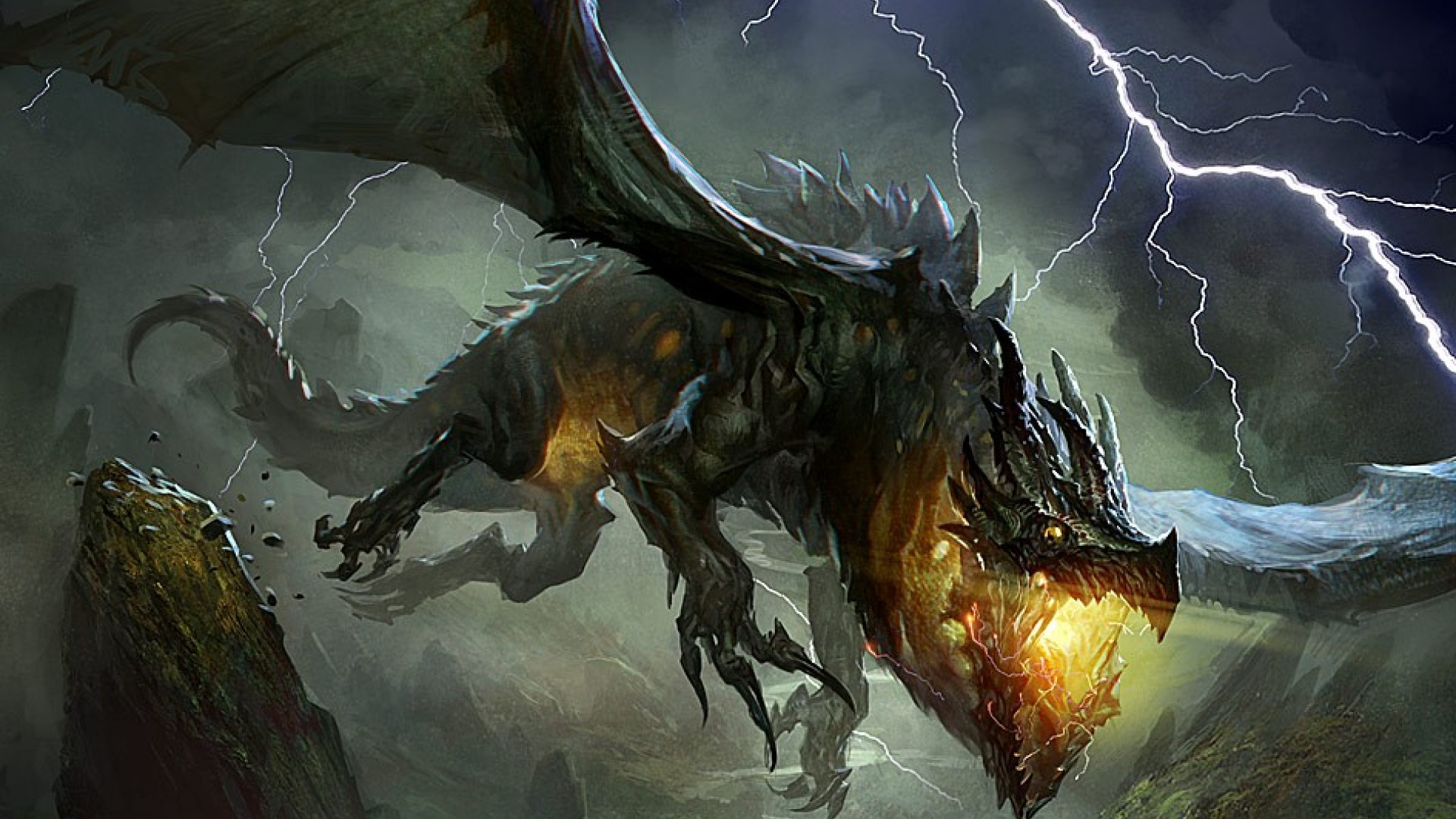Recently, I have read several articles by people and their ability to pick up magic cards at steep discount in their travels. Today my plan is to show you how you can deliver big returns by using the power of the dollar in your favor no matter where you are. You can even take out the flight cost.
One thing Magic Financiers tend to overlook is how opaque the magic market actually is. Everything is about information, and when it comes to speculation you sure as hell better be informed. I think being informed is the easy part,
the difficult part is getting that information immediately when trying to execute a trade or a decision regarding your cards. There are certain standards everyone tends to use. I’m pretty sure I’ve only traded with one person at my local game shop (lgs) who did not use tcgplayer mid. Personally I prefer this because it’s more fun to trade.
When it comes to trading what really matters is economies of scale. According to Wikipedia: In microeconomics, economies of scale are the cost advantages that enterprises obtain due to size, output, or scale of operation, with cost per unit of output generally decreasing with increasing scale as fixed costs are spread out over more units of output. As an individual we each have our own markets that we participate in. Some examples would include your LGS, Ebay, PucaTrade. How do you move your cards and at what cost? Different markets have a different cost.
So, how does one take advantage of information? I’m going to show you how to take full advantage of your hard earned US Dollar. Just like a magic card your dollar is a commodity, and it holds a relative value. The differences of these items, and in which market can cause for a large spread in pricing. Think of a magic card as a derivative, its price is floating due to supply and demand. The same thing happens with your dollar relative to other currencies like the Yen. This creates arbitrage opportunities.
At the time of writing your one USD is worth 119.63 Yen. The next step is to find Japanese stores who ship overseas and sell online. The one I use for this example is Hareruyamtg. Next, you need to compare apples to apples. In my calculations I take the relative cost in local yen of the same MTG cards in English. Yes, we could do this for Japanese cards if we wanted. Knowing each of the legs of the calculation what we will come out with is a USD price on an English card. In my example I use MTGprice.com as my pricing data (I like an index for pricing).
After all my calculations I was able to identify five out of 12 cards that were great opportunities to build in paper value if purchased today. If executed correctly a real return with a bang for your buck. Those cards were End Hostilities, Clever Impersonator, Hardened Scales, Sarkhan, the Dragonspeaker, and everyone’s favorite Siege Rhino. Of the five I would probably purchase Clever Impersonator, Sarkhan, the Dragonspeaker, and Siege Rhino if I was to execute the trade today because they had the best margin.
| Card Name | MTG Price USD | Hareruyamtg (JPY) | Hare (USD Conversion) | Difference |
| End Hostilities (Eng) | 1.7 | 200 | 1.671821449 | 0.028178551 |
| Ashcloud Phoenix (Eng) | 3.93 | 700 | 5.851375073 | -1.92137507 |
| Clever Impersonator (Eng) | 3.27 | 300 | 2.507732174 | 0.762267826 |
| Hardened Scales (Eng) | 0.91 | 60 | 0.501546435 | 0.408453565 |
| Sarkhan, the Dragon Speaker (Eng) | 11.73 | 1300 | 10.86683942 | 0.863160578 |
| Siege Rhino (Eng) | 8.39 | 800 | 6.687285798 | 1.702714202 |
| Sorin, Solemn Visitor (Eng) | 13.6 | 1700 | 14.21048232 | -0.61048232 |
| Bloodstained Mire (Eng) | 9.61 | 1300 | 10.86683942 | -1.25683942 |
| Flooded Strand (Eng) | 15.01 | 1800 | 15.04639305 | -0.03639305 |
| Polluted Delta (Eng) | 14.16 | 1800 | 15.04639305 | -0.88639305 |
| Windswept Heath (Eng) | 11.01 | 1400 | 11.70275015 | -0.69275015 |
| Wooded Foothills (Eng) | 10.67 | 1500 | 12.53866087 | -1.86866087 |
What about shipping costs you ask? I even calculated all of those as well. Surprisingly at a per card basis it’s really not that expensive. Again doing all the calculations and conversions I came out at an added cost of $.15 USD at the high end and obviously going back to the economy of scale $.05 per card.
There is definitely arbitrage opportunity here for a trader to create a lot of value for themselves. Yes, arbitrage is a guaranteed return, it would all come down to your execution. Do you have the economies of scale to do the transaction, and do you have enough outlets to move your product? Only you can answer that question for yourself.
Hopefully you have enjoyed my article, please feel free to contact me with questions and feel free to provide comments.


